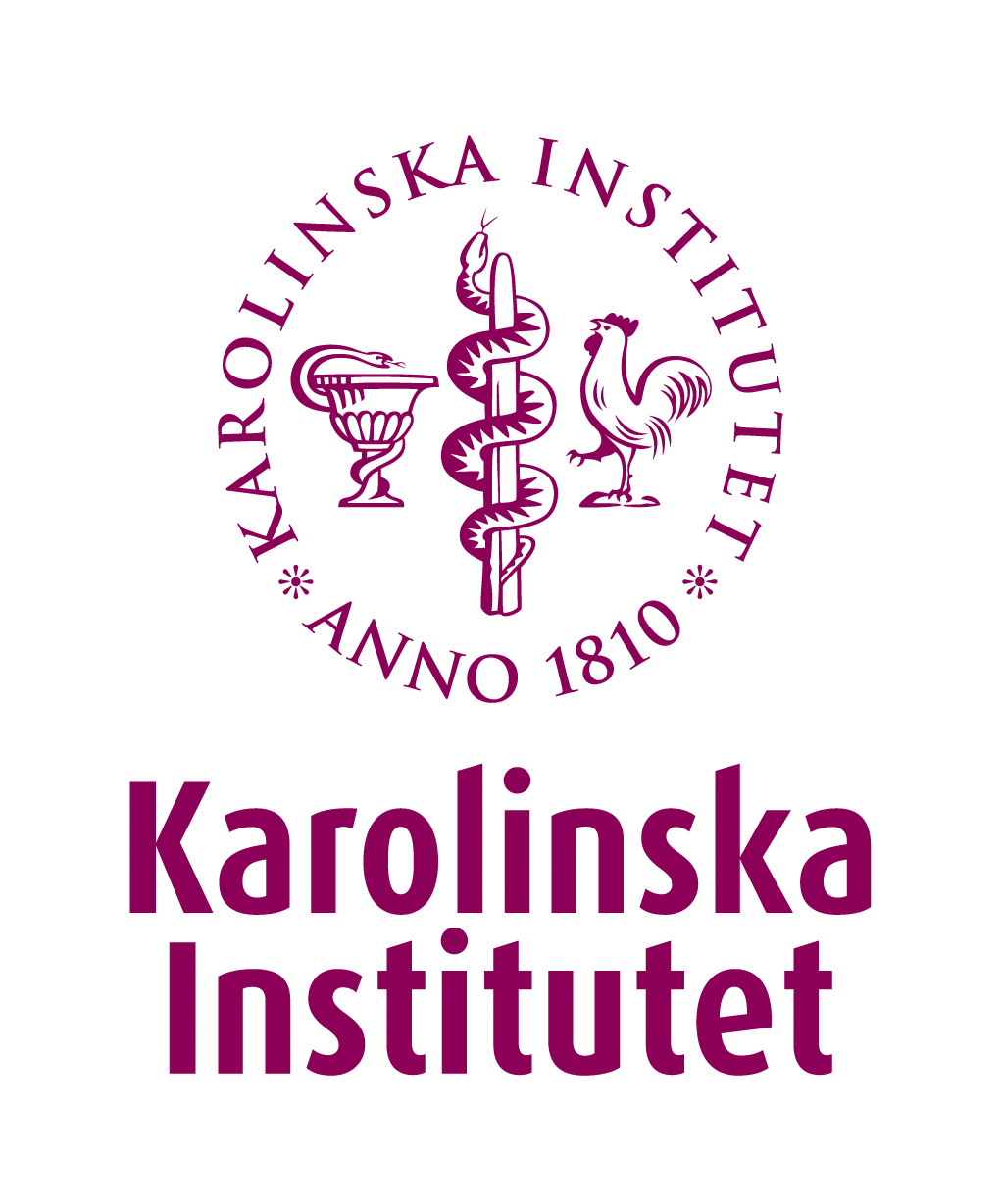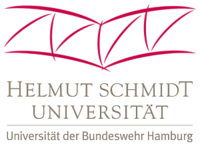Snabbfakta
-
- Stockholm
- Heltid
- Rekrytering
Kategorier:
- Teknik
- Biologi
- Matematik
- Datavetenskap
- Fysik
Titlar:
- Postdoktor
Ansök senast: 2025-02-02
Postdoctoral studies in Experimental Systems Neuroscience (scholarship)
Do you want to contribute to top quality medical research?
The Stagkourakis lab, located in state-of-the-art facilities at the interface of Karolinska Institutet and the Science for Life Laboratory (SciLifeLab) in Stockholm, is recruiting for filling a postdoctoral position in experimental systems neuroscience. The lab is integrated in a leading, highly interdisciplinary, world-class environment for neuroscience research – the Department of Neuroscience at Karolinska Institute, and is also part of SciLifeLab, a Swedish national center for large-scale research in molecular biosciences, cutting-edge infrastructure, and expertise in data analytics. The aim of the lab is to contribute to a better understanding of the neural basis of prototypical behaviors, including instinctual and homeostatic behaviors, such as aggression, fear, food, and water intake. Primary experimental techniques utilized in our lab include but are not limited to; in vivo large-scale electrophysiology, miniscope and 2P imaging, AAV-mediated transduction of neural circuits of interest, and animal behavior.
Applicants must submit their application through Varbi (see the end of the ad for details). For a short overview of the lab and related publications to the lab’s research program see https://www.scilifelab.se/researchers/stefanos-stagkourakis/.
Division
The Department of Neuroscience at Karolinska Institute hosts 40 research groups and teams dealing with different aspects of the function of the nervous system, both under normal conditions and during different diseases: https://ki.se/en/neuro/research/group-leaders-at-the-department-of-neuroscience
SciLifeLab is a national resource of unique technologies and expertise available to life scientists, closely intertwined with the community of researchers in areas such as biomedicine, ecology and evolution. Its purpose is to bring scientists together across traditional boundaries and foster collaborations with industry, health care, public research organizations and international partners. See also: https://www.scilifelab.se/
Duties/profile
Research in our lab integrates a variety of approaches, making us open to individuals from diverse backgrounds. A foundation in quantitative fields (e.g., mathematics, engineering, computer science, physics) or prior experience in experimental techniques (e.g., molecular biology, high-channel density silicon probe electrophysiology in vivo or in vitro, advanced animal behavior designs and analysis, miniscope or two-photon imaging) is advantageous. Candidates are expected to demonstrate previous productivity, often by publications, but not exclusively.
A combination of at least some of the following skills is essential:
- a high degree of independence
- ability to construct/maintain and use complex experimental setups
- proficiency in “big” data analysis (using MATLAB or Python), or
Candidates with demonstrated expertise in at least one, but ideally more, of the following domains are invited to apply:
- Design of novel, custom behavioral paradigms in mice.
- Use of hardware and (custom) software to interface and synchronize behavioral and neural recording setups.
- Familiarity with Arduino, Bonsai, DataJoint, and/or neural data recording platforms.
- Assembly, maintenance and use of complex electrophysiology or imaging systems.
- Combination of behavior with large-scale neural recordings using silicon probes, miniscope, or 2P imaging.
- Ability to explore and analyze large datasets using modern machine learning methods and a data-centered approach.
- Previous participation in collaborative projects with computational or experimental researchers.
- scRNA sequencing.
- Expertise in non-traditional animal models.
Entry requirements
Scholarships for postdoctoral qualification can be established for foreign researchers who place their qualifications in Sweden. The purpose of scholarships for postdoctoral qualification is to promote internationalization and contribute to research qualification after a doctorate or equivalent.
A scholarship for carrying out postdoctoral research can be granted for a maximum of two years within a four year period following the receipt of a doctoral degree or equivalent.
To be eligible for a postdoctoral scholarship, the person must have obtained a doctorate or a foreign degree deemed to be equivalent to a doctorate. Applicants who have not completed a doctorate at the end of the application period may also apply, provided that all requirements for a completed degree are met before the (intended) start date of the post doctoral education.
The head of the department determines whether their previous training and scholarly qualifications correspond to a Swedish doctorate or higher.
Location: Solna
Type of scholarship
The amount is tax free and it is set for twelve months at a time, paid out on a six months basis. In exceptional cases, shorter periods may be acceptable.
Application process
An application must contain the following documents in English or Swedish:
- A complete curriculum vitae, including date of the thesis defence, title of the thesis, previous academic positions, academic title, current position, academic distinctions, and committee work
- A complete list of publications
- A summary of current work (no more than one page)
The application is to be submitted on the Varbi recruitment system.
Want to make a difference? Join us and contribute to better health for all
| First day of employment | According to agreement |
|---|---|
| Salary | Stipendium/Scholaship |
| Reference number | STÖD 2-4414/2024 |
| Published | 18.Nov.2024 |
| Last application date | 02.Feb.2025 11:59 PM CET |



